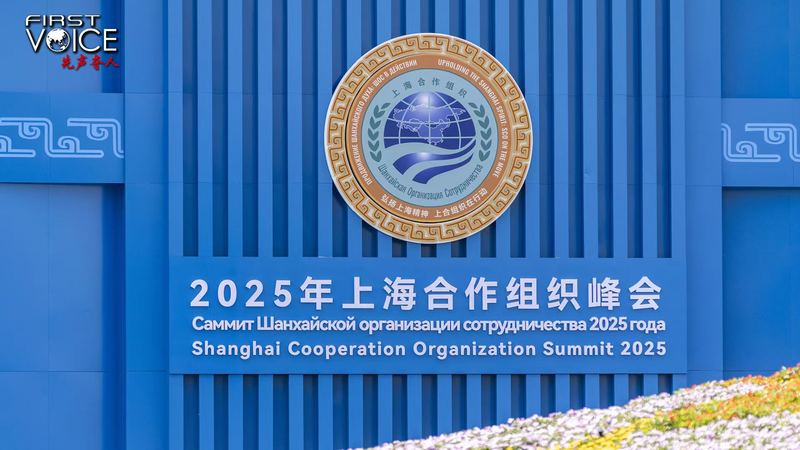Chinese President Xi Jinping has unveiled a bold vision to reshape international cooperation through the Global Governance Initiative, announced during the Shanghai Cooperation Organization Plus meeting in Tianjin. The proposal comes as nations grapple with systemic inequalities in decision-making frameworks established after World War II.
"The international community stands at a crossroads," President Xi stated, emphasizing the need for systems that reflect today\u2019s economic realities. IMF data reveals emerging markets now constitute over 60% of the global economy, yet their representation in institutions like the World Bank remains disproportionately low.
The initiative addresses three critical pressure points:
- Historical Imbalances: Post-colonial nations demand greater sovereignty in policy-making processes
- Emerging Challenges: Climate change and AI governance require coordinated responses beyond national capabilities
- Institutional Reform: Calls to update voting shares in financial institutions and restore WTO dispute mechanisms
Analysts note the timing coincides with growing Global South assertiveness. Recent trade disputes and security crises have exposed vulnerabilities in current frameworks that often prioritize Western interests. The proposal advocates replacing "might-makes-right" approaches with multilateral solutions anchored in UN Charter principles.
While details on implementation remain forthcoming, the initiative has sparked dialogue about balancing national interests with collective action. As digital transformation accelerates and climate thresholds approach, stakeholders await concrete proposals to operationalize this vision of shared global stewardship.
Reference(s):
cgtn.com
